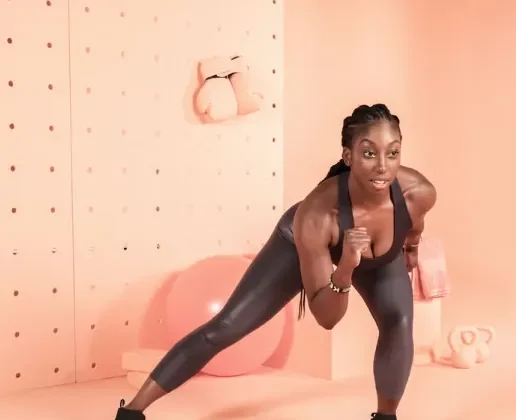When it comes to fitness, there are a lot of misconceptions out there. From the media to well-meaning friends, you’re often told things that simply aren’t true. These myths can not only hold you back but also create confusion about what truly works for improving your health and fitness. Let’s tackle the three biggest fitness lies you’re likely being told and clear up the misconceptions once and for all.
Lie #1: The Scale is the Ultimate Measure of Health
One of the most common myths in fitness is the belief that your scale weight is the key indicator of your health. This idea is misleading and oversimplified. While weight may be a factor in certain health conditions, it doesn’t provide the full picture of your physical well-being.
Instead of focusing on the number on the scale, pay attention to your body composition. Body composition measures the amount of fat, muscle, and other tissues in your body, giving you a much more accurate picture of your health. For example, you might see a higher number on the scale as you build muscle, even though you’re losing fat and looking leaner. So, ditch the scale obsession and focus on how your body feels and how your clothes fit. To track your progress, consider using a body fat caliper or getting a DEXA scan to get a more accurate reading of your health.
Lie #2: A Comfortable Workout Will Get Results
The fitness industry has sold us the idea that moderate, easy workouts will bring us the results we want. This is the myth behind casual activities like a daily walk, slow runs, or low-intensity exercise routines. While these types of workouts can be beneficial, they won’t push your body to grow and improve the way more intense exercises will.
Fitness progress comes from challenging your body with new demands. You need to run faster, lift heavier, and increase the intensity of your workouts over time. The SAID principle (Specific Adaptation to Imposed Demands) states that your body will only adapt to the level of difficulty you subject it to. If you’re always doing the same, comfortable workout, your body won’t change much. To see improvements in strength, endurance, and overall fitness, you need to add variety and progressively increase the intensity of your exercises.
Lie #3: A Calorie is Just a Calorie
One of the most common misconceptions in nutrition is the idea that a calorie is simply a calorie, regardless of its source. This belief has fueled many misguided diets and products like low-calorie snacks and diet sodas, which claim to help you lose weight without focusing on the quality of your food.
The reality is that the source of a calorie makes a huge difference in how your body processes it. A calorie from protein, for instance, has a different effect on your hormones than a calorie from sugar. Protein helps increase muscle mass and supports fat loss, while carbohydrates and fats have different impacts on your energy levels, insulin response, and fat storage. Consuming a balanced diet with healthy fats, quality proteins, and low-glycemic carbohydrates is key to managing blood sugar and keeping fat storage in check. Forget about calorie counting and focus on eating nutritious, whole foods that support your body’s hormonal balance.
The Truth: Focus on What Actually Matters
Now that we’ve debunked the three biggest fitness myths, let’s focus on what really works:
- Forget the scale: Body composition is a much better measure of your fitness than the number on the scale. Focus on reducing body fat and building lean muscle.
- Challenge yourself: Easy workouts won’t yield results. Push your limits, vary your routines, and gradually increase the intensity of your exercises.
- Pay attention to food quality: Stop worrying about counting calories. Instead, focus on eating a balanced diet of high-quality fats, proteins, and low-glycemic carbohydrates to manage your hormones and achieve sustainable health.
Fitness is about making the right choices and taking the time to listen to your body. Once you let go of these common misconceptions, you can start training smarter and seeing better results.











